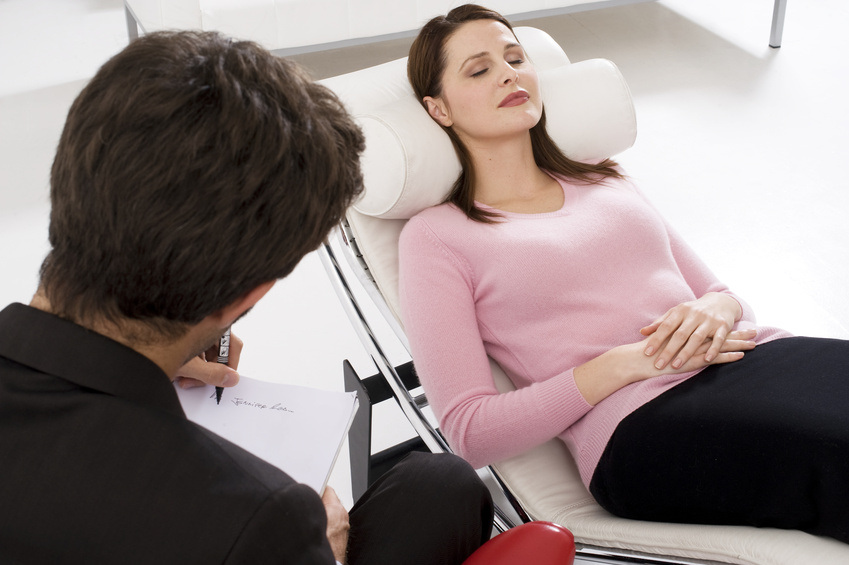Postpartum Depression is a severe medical condition that affects the mother for the first few months after giving birth. Without treatment, the depression can evolve for a long time. This is a frequent disease, affecting one out of eight women. However, it can appear after a spontaneous abortion, or when the woman is obliged to give the child for adoption.
Symptoms
The Postpartum Depression comes with a certain degree of insomnia, and with feelings of sadness. Those states usually reach a maximum for the third day after giving birth, and they disappear in less than two weeks, when the hormonal modifications are over, and when the young mother gets used with her condition. The state is common, and half of women suffer from this condition. Their husbands are confused, because the woman alternates the periods of extreme happiness with deep depression. It is good for the woman to share her emotions with the husband, so those have to be understanding and supportive.
Late postpartum depression
The symptoms of depression might appear even later, and they can be aggravated. In some rare cases, the depression lasts for 3-4 months, and they require medical examination. Postpartum depression is characterized by five or more depressive symptoms.
– The sentiment of emptiness, often and long periods of crying or severe anxiety
– Lack of pleasure for any daily activity
– Modifications of appetite or weight
– Sleeping problems – the mother can’t sleep even if the child is asleep
– Extreme tiredness and losing energy
– Modifications of walking and talking – the mother is slow and dizzy
– Sentiments of lack of value and guilt without a reasonable cause
– Thoughts about suicide and death
– Fear of hurting the baby. Those are more like fears than wishes to actually hurt him or her
Treatment
Early treatment is important for the mother and for the child. A list of symptoms can be useful, but the list must be made by medical personnel. The treatment is more psychologically, and it might be based on motivational exercises, although depression treatment might also be recommended for a while.
Postpartum Psychosis
This is the severe manifestation of postpartum depression. Those are developed for the first three weeks after giving birth, and include the next symptoms:
– The sentiment of “closing” and isolating from the child and from the environment
– Long periods of insomnia, even when the child sleeps
– Confusion and disorganization which might affect the baby
– Hallucinations and delirium
The difference between postpartum depression and psychosis is “thin”, and it requires special treatment. As the symptoms are the same (more aggravated for psychotic women), the difference is usually made when the actions of the mother might affect the baby. This is why postpartum psychosis is considered an emergency, and it requires immediate treatment. If the treatment is not applied immediately, the life of the baby and of the mother might be in danger. Unfortunately, the fathers can’t take the wise decision of isolating the child from the mother, and sometimes, accidents with the baby might happen.






